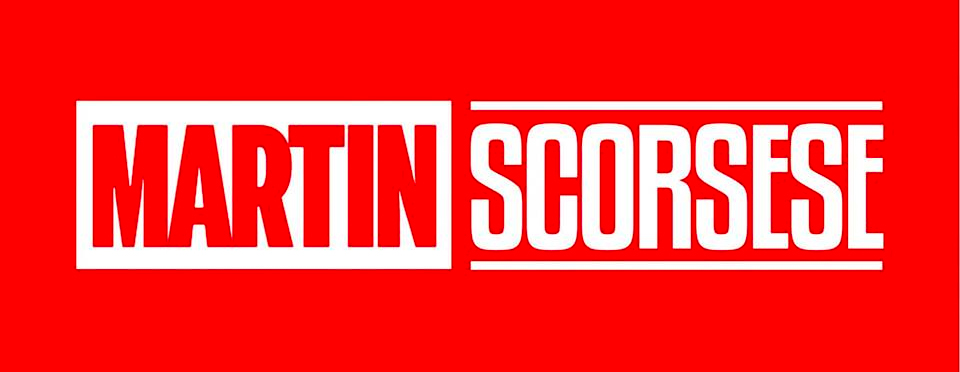It has been about two years since Martin Scorsese made waves by declaring the Marvel Cinematic Universe movies as “not cinema.” It sparked controversy, as various filmmakers and actors involved with the Marvel Cinematic Universe came out and defended their product. Even two years later, it seems as though filmmakers are still trying to defend their stance. James Gunn, the director of “Guardians of the Galaxy” and “Guardians of the Galaxy Vol. 2,” along with the recent “The Suicide Squad” responded to Scorsese once again during the promo tour for “The Suicide Squad.” While many may still be offended by what Scorsese said, I wanted to give my opinion on the matter.
Now, in all fairness, I initially heard the comments by Scorsese and was defensive. I grew up watching the MCU, and even up to 2019, I would consider myself a pretty big fan of the franchise. But I also did not know Martin Scorsese at that point. I did see “The Irishman” that fall in theatres, but once I decided that I wanted to write about films for a living, I began diving into Scorsese’s filmography. As of this writing, I have watched 20 of his 25 feature films, and there is no doubt in my mind that Scorsese was correct in what he said.
The big misunderstanding is what Scorsese means by the Marvel movies not being “cinema.” If you read the full comment, he does acknowledge the fact that the movies are well-made but points to their lack of real emotion as to why they are not cinema. Before you freak out, just consider this: how many Marvel movies actually have stakes? “Avengers: Endgame” may be the only Marvel movie with actual stakes, killing off some of the franchise’s longtime heroes, but that was also the 22nd film of the series. It should not take 22 movies to finally reach a point where the stakes matter. Yes, “Infinity War” did kill off half of the universe, but there was a second part announced before the movie released, so was anything but a cliffhanger ending expected? We have to remember that at the end of the day, the Marvel Cinematic Universe movies are glorified toy commercials, and why would they let the likes of Spider-Man or the Guardians of the Galaxy die when there are more action figure variants to sell?
The other major issue with the Marvel Cinematic Universe movies is how they over-saturate the movie market. Taking 2020 out of the equation because of the pandemic, all ten of the highest-grossing films of 2019 were sequels, prequels, or tied to some IP. All three Marvel movies that year are included: “Captain Marvel,” “Avengers: Endgame,” and “Spider-Man: Far From Home.” Disney as a company made up 70% of the top ten (80% if you include “Spider-Man: Far From Home” which is a Sony and Disney property.) In 2021, Marvel had five streaming shows and four movies come out. You could blame that on the pandemic clogging the slate, but this would likely happen one way or another. There is just too much superhero/franchise content that is taking eyes away from independent movies.
If you are a Marvel fan, this piece is not intended to change your mind. Look, there is no shame in enjoying Marvel movies. I still catch the latest Marvel movies, “Shang-Chi” was fine — far better than the repulsive “Black Widow” I might add — but Marvel seems to want to make themselves out to be “artsy”; thanks, “Eternals.” The fact of the matter is: these are cotton candy movies. A lot of fun, but no substance. “The Irishman” is probably Scorsese’s weakest mob movie, yet it still is better than any Marvel movie to date. Marvel will not change their ways because it works. They will continue cut-and-pasting these movies without taking risks until people eventually grow bored. It has not happened yet, but one can hope. Scorsese compared the Marvel movies to “theme park rides,” and while that may have riled fans up, Disney did just open the “Avengers Campus.”
Box Office Mojo, CNET, Vulture

